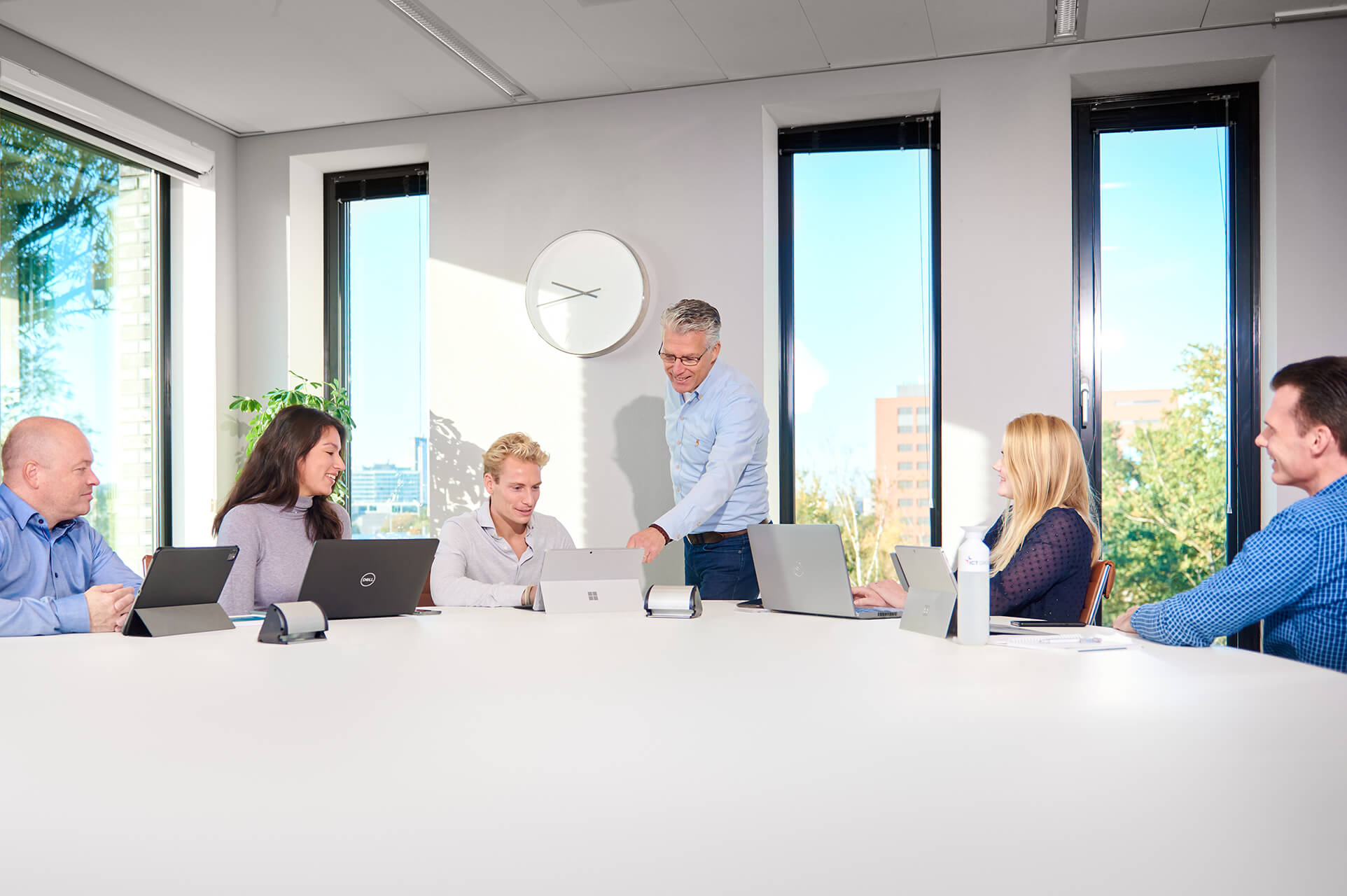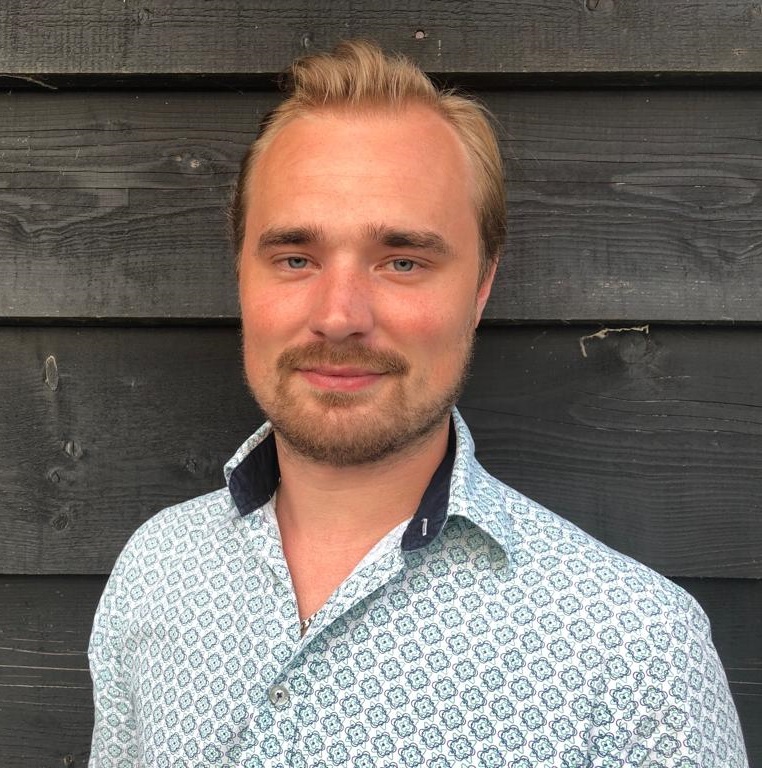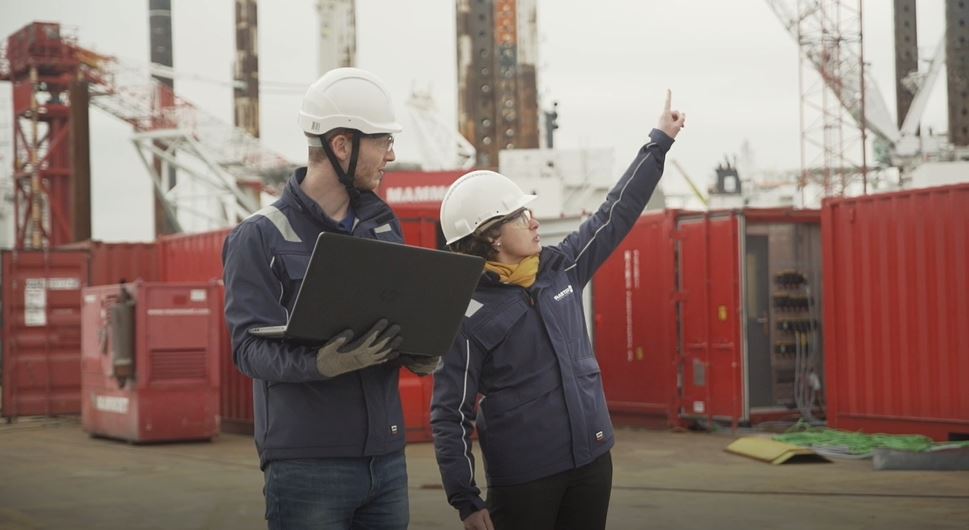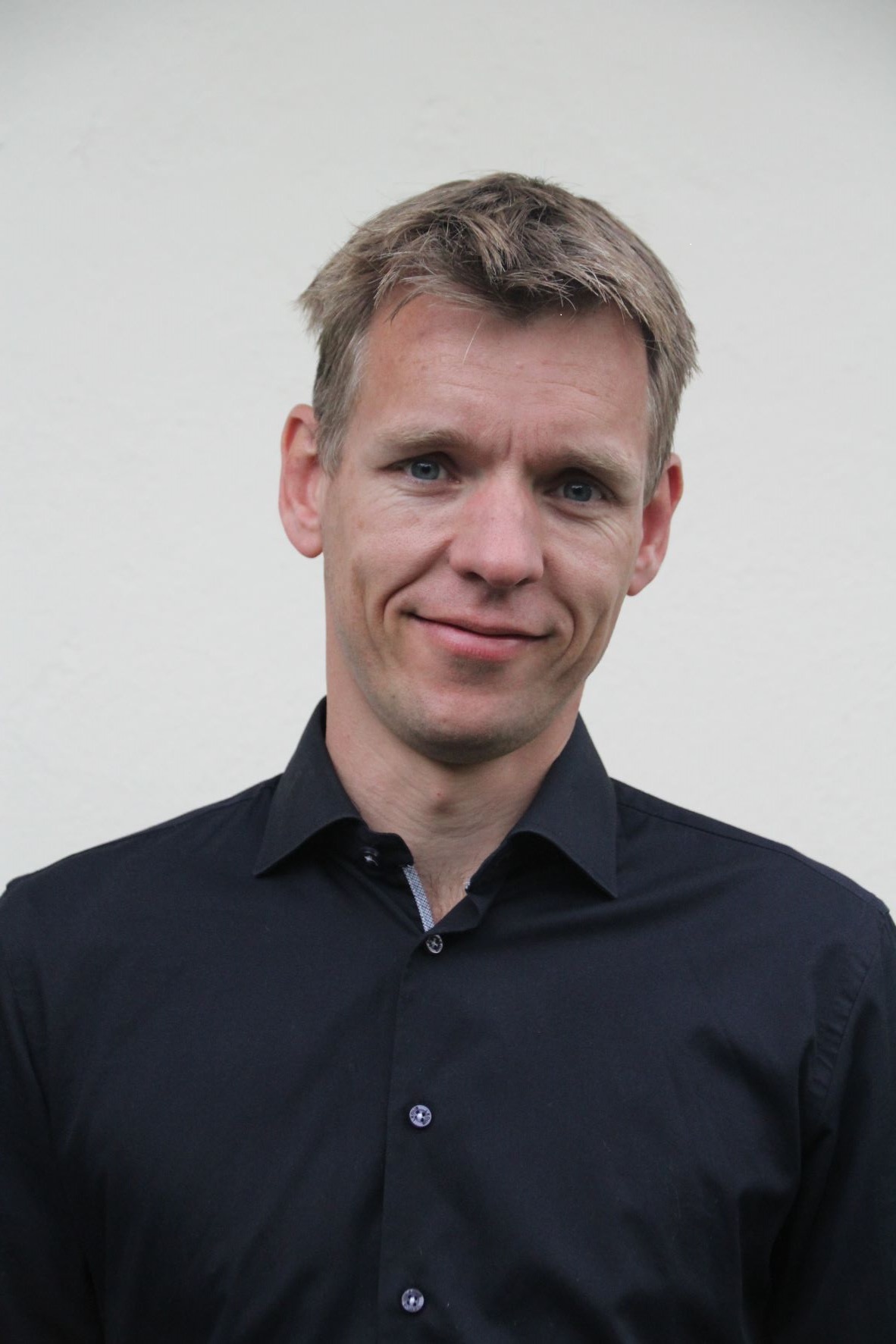
He has grown with the company, which is now part of ICT Group. The company has increased in size and the attic in the home of one of the former owners has long since been exchanged for spacious office premises with its own workshop. But the feeling of a small-scale business has remained. “It is this personal touch that appeals to me. I can make a difference here.”
Generally, the projects carried out by Raster are not standard work. The projects are more likely to belong to the category of complex or special work, because clients are aware that Raster is good at handling assignments that are sometimes ground-breaking. At the start of Julian’s career as a software engineer with the company, he regarded this as one of the main attractions of his new employer. For example, Raster developed the control software required for recovering the Russian submarine Kursk in 2001, which had sunk a year earlier in the Barents Sea after an accident. This specific software is still used in other projects. A more recent project is the development and implementation of the entire safety control system for the Pioneering Spirit, the world’s largest vessel that is used for installing and dismantling entire offshore platforms.
Enjoying your work
As Engineering Manager Julian holds the final responsibility for all technical projects. As a result, he is now less involved in project realisation than in his early years with his employer. Nevertheless the focus of Raster on special projects is still as important to him as in the early days of his career. Because this is what allows the company to distinguish itself in the market and to remain in the forefront of developments. “We are still very successful because we follow our own path.” In his opinion, this is an absolute requirement in a market in which technical professionals are hard to find. “We have excellent people with a lot of experience, and it is important that we keep challenging them. So far we have succeeded in doing this.”
As a manager, making sure that employees enjoy their work by offering them varied and interesting projects is just as important as ensuring that projects proceed smoothly. ”I want to keep challenging and developing myself. In the beginning this was by working on special projects. These days, I also get a lot of satisfaction from finding the right people for positions and ensuring that everybody is happy in their job. My main challenge is to ensure that everybody is happy, and if they are, success will come naturally.”
We have excellent people with a lot of experience, and it is important that we keep challenging them.
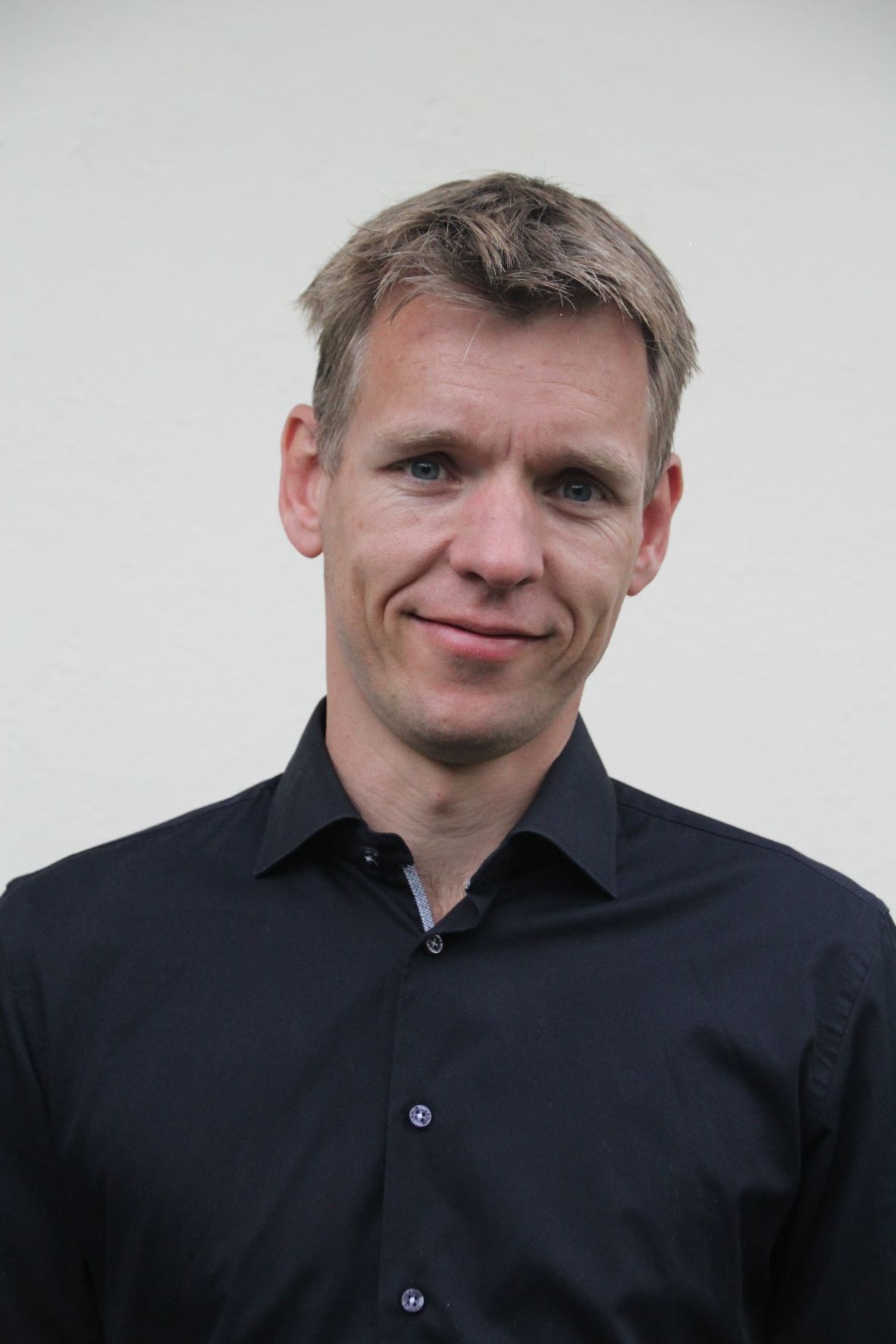
Raster Academy
His management position requires extensive social skills. “These skills are crucial. These days, good communication skills are just as important as my technical experience,” says Julian.
“There are different technical departments within Raster. For instance, the Operational Excellence (OX) department, which focuses on product development, using the latest technical developments in web technology. Then there is the Industrial Automation department, which often uses the products developed by OX in their discipline. These departments offer the engineers the possibility to develop their skills in another direction within Raster.”
The Raster Academy is very useful in this respect: The Academy is a training and coaching programme that offers employees the possibility to take part in training sessions that focus on a particular subject. Generally, this is a technical subject, but it may also concern project management issues, such as scrum, a method aimed at working more effectively and more flexibly.
In addition to group sessions, Raster also has a development plan that focuses on the interests of the individual employee.
For example, one employee may specialise in cyber security, while another employee focuses on functional safety.
Personal and small-scale
Raster’s growth ambitions mean that there are plenty of challenges for Julian for years to come. “The challenge for our team is to set up the organisation in such a way that we have more project control and an improved project organisation.” This will probably mean that because of his management position, he will become even further removed from the realisation activities of projects. “However, that’s part of the job”, he says.
As Raster grows, Julian aims to retain Raster’s characteristic atmosphere. The technical responsibility for a team in his current job at Raster suits him better than leading a business unit in a much larger company. “The personal aspect still strongly appeals to me. And this also involves plenty of challenges.”
